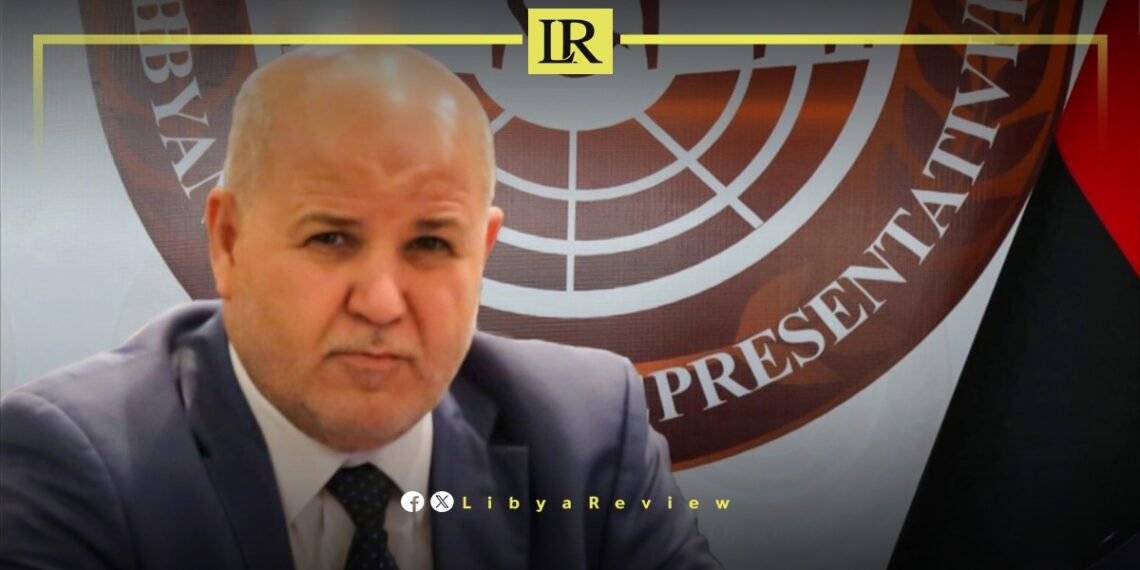Miloud Al-Aswad, a member of the Libyan House of Representatives (HoR), announced the completion of the final version of the National Reconciliation and Transitional Justice Law. This was accomplished by the House’s Justice and Reconciliation Committee in coordination with the United Nations mission.
Al-Aswad stated in a press release that this version was selected from multiple proposals, incorporating the best elements of each. He emphasized the comprehensive review process which aimed to ensure the law’s robustness and effectiveness in achieving its intended purposes.
Further detailing the legislative efforts, Al-Aswad mentioned, “A proposal for a constitutional amendment was also prepared as needed to fortify the law, considering its exceptional nature to ensure its success.”
The committee plans to soon submit this final version to the Libyan House of Representatives for presentation and approval in the coming sessions. This law is a pivotal step towards achieving national reconciliation and enhancing transitional justice mechanisms within the country.
Libya has been in chaos since a NATO-backed uprising toppled longtime leader Muammar Gaddafi in 2011. The county has for years been split between rival administrations.
Libya’s economy, heavily reliant on oil, has suffered due to the ongoing conflict. The instability has led to fluctuations in oil production and prices, impacting the global oil market and Libya’s economy.
The conflict has led to a significant humanitarian crisis in Libya, with thousands of people killed, and many more displaced. Migrants and refugees using Libya as a transit point to Europe have also faced dire conditions.
The planned elections for December 2021 were delayed due to disagreements over election laws and the eligibility of certain candidates. This delay has raised concerns about the feasibility of a peaceful political transition.
Despite the ceasefire, security remains a significant concern with sporadic fighting and the presence of mercenaries and foreign fighters. The unification of the military and the removal of foreign forces are crucial challenges.


